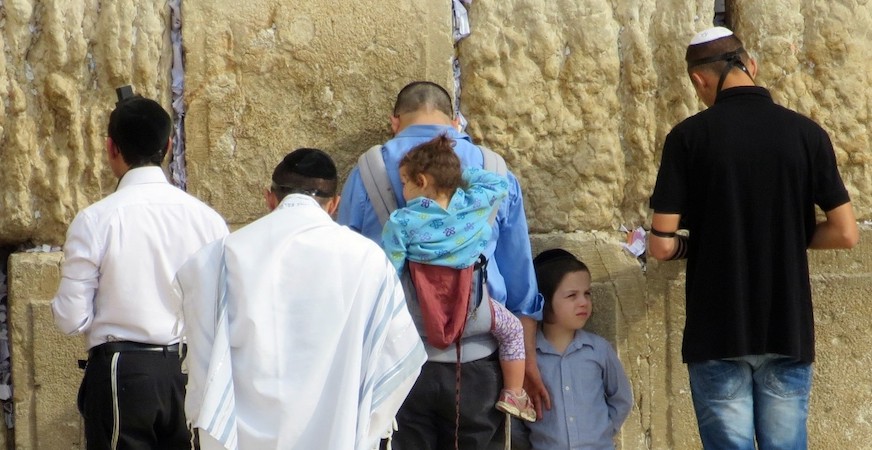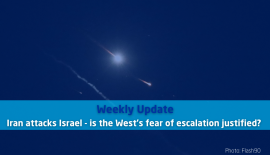Resurrection to Ascension & Pentecost
After His resurrection from the dead, Jesus remained with His disciples for another 40 days before being taken up in a cloud into heaven. How could Jesus have spent those days most effectively? We as humans would say: go all over the country and show yourself to as many people as possible, so that as many people as possible could witness the truth of His resurrection from the dead. A kind of publicity tour.
“After His resurrection Jesus taught His disciples everything about the Kingdom of God”
And yet, Jesus did not do this. He did not invest in demonstrating His resurrection but in teaching His disciples. And what did He teach them? Everything concerning the Kingdom of God: “appearing to them over a period of forty days and speaking of the things concerning the kingdom of God” (Acts 1:3).
He apparently considered it of utmost importance that His disciples would have sufficient insight into what the kingdom of God is like, i.e. the kingdom that is to come, before they could go out into the world to proclaim the gospel.
Imagine being allowed to spend 40 days on a course with Jesus. We all would have liked to experience that. The disciples listened to Jesus carefully during these days and understood Him perfectly. The evangelist Luke tells us that, not long before His ascension, Jesus told His disciples: ‘“All things which are written about Me in the law of Moses and the Prophets and the Psalms must be fulfilled”. Then He opened their minds to understand the Scriptures’ (Luke 24:44-45).
The disciples then asked Him this question: “Lord, is it at this time You are restoring the kingdom to Israel?” (Acts 1:6). This question has often been seen throughout the centuries as a silly one. The disciples completely misunderstood Jesus’ teaching. They failed to realise that the kingdom Jesus was talking about was not about Israel as a nation being restored as an independent kingdom with Jesus as King. And so their question seemed to be a stupid question.
“The question about the restoration of the kingdom for Israel was indeed a good question”
But reading their question in this way overlooks what Luke said about Jesus Himself having opened their minds so that they understood the Scriptures. The question about the restoration of the kingdom for Israel was indeed a good question. And Jesus did not reject that question at all; He only made clear that God wants to keep that time for Himself. Their task now was to wait for the outpouring of the Holy Spirit and to go into the world. After Pentecost, Peter spoke to a crowd of people on the Temple Square about Jesus, “whom heaven must receive until the period of restoration of all things about which God spoke by the mouth of His holy prophets from ancient time” (Acts 3:21). Peter was referring to the prophets when he spoke of the restoration of all things. And the prophets all wrote clearly about a future restoration of the kingdom in Israel under the leadership of the Messiah, the Prince of Peace and King of Israel.
We have celebrated the Resurrection of Jesus from the dead, and we are on the road to Pentecost. The feast of the outpouring of the Holy Spirit, who enables us to know God and to believe in Him. The Holy Spirit that Jesus promised: “When the Helper comes, whom I will send to you from the Father, that is the Spirit of truth” (John 15: 26). The Holy Spirit comes from both the Father and the Son.
The Jewish people just celebrated Passover. As a permanent reminder of their liberation from slavery in Egypt. In 50 days, they will celebrate the Feast of Weeks, Shavuot, the Jewish Pentecost. Then they will celebrate that the people, 50 days after their liberation from Egypt, received the Torah in the Sinai desert at Mount Horeb. God gave Moses the law on stone tablets when he was on Mount Horeb. I find it very touching and meaningful that John, the evangelist, calls Jesus the ‘Word of God’, the Torah. Jews and Christians celebrate two different feasts at Pentecost. And yet, they have a lot in common. There is a deep connection between the two feasts. Jews and Christians are distinct, and at the same time, deeply connected.






